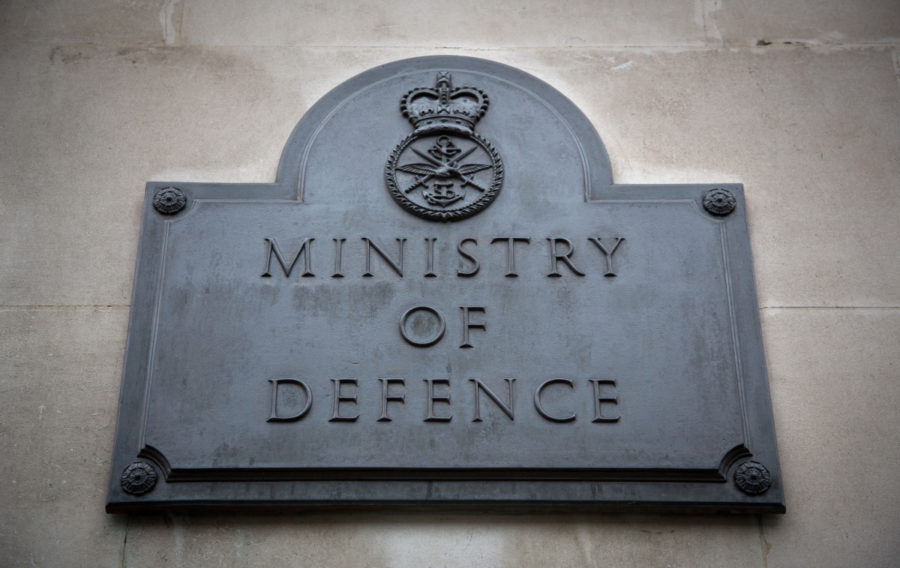
Responses to the Defence Industrial Policy Refresh have been submitted and assembled by the MOD.
The consultation was launched at the end of 2016 seeking views from across industry sectors in order to support growth and competitiveness, while still meeting MOD’s value for money and capability requirements. The views will be considered when the industrial policy is refreshed.
Some 32 business and organisations responded to the consultation, ranging from SMEs to primes, industry associations and non-traditional defence suppliers.
Here we examine the some of the views expressed during the consultation and the key themes identified as issues by industry.
Respondents noted that the MOD needs to be more flexible in working with and engaging industry. Requirements are sometimes seen as overly prescriptive, especially in relation to innovative concepts.
It is recommended that, where possible, MOD should adopt open civilian standards in specifications and make use of spiral development.
Export is another key theme throughout the responses, with MOD being encouraged to improve export policy and ensure appropriate accountability within the Department and across Government for supporting defence exports.
Whereas respondents felt that more emphasis should be given to buying goods and services from UK suppliers, and that assurances are required that MOD adequately protecting the UK’s freedom of action and operational advantage.
Industry would like MOD, BEIS and DIT to work closely in assessing the impact of MOD defence procurement decisions across the UK economy.
In order to encourage more SMEs into the supply chain, MOD should further Prime/SME collaboration as well as streamline the bidding process. Respondents noted that non-traditional defence suppliers were often put off by the complexity of the process and lack of impetus in procurement.
The supply chain advocates network, while an excellent idea, has been poorly advertised and needs to be strengthened with better resources to help facilitate SME engagement and alert suppliers to future opportunities.
One of the main themes that came through was the lack of understanding of MOD internal processes and that there is a perception that MOD often opts for the lowest price, rather than the Most Economically Advantageous Tender.
Industry would like to understand better how the Innovation Initiative fits into wider MOD processes and structures. The MOD should consider alternative procurement approaches to promote innovative solutions, especially from SMEs.
There is some uncertainty over MOD’s purpose in its industrial-by-design policy. The MOD needs to promote services as well as equipment of the UK defence industry to international customers. Government is advised to take more strategic consideration of potential international partnerships, including the number of partners in any collaborative agreement.
More support for SMEs regarding licencing is needed to support lower value exports.
In the light of Brexit, industry advises that Government should review its policy on industrial offsets. France is an example of best practice the UK might emulate in setting a strategic approach to defence industrial planning, collaboration and exports.
Overall industry feels that MOD should engage with Industry earlier in the procurement cycle and better articulate the potential pipeline of opportunities including costs to help industry, particularly SMEs justify market engagement. Joint MOD-industry training in areas such as commercial awareness is needed.
A whole government approach is required in order to align civil and defence opportunities.
View the responses to the consultation here.
If you would like to join our community and read more articles like this then please click here
Defence Industrial Policy Refresh engagement Innovation MOD Prime SME








